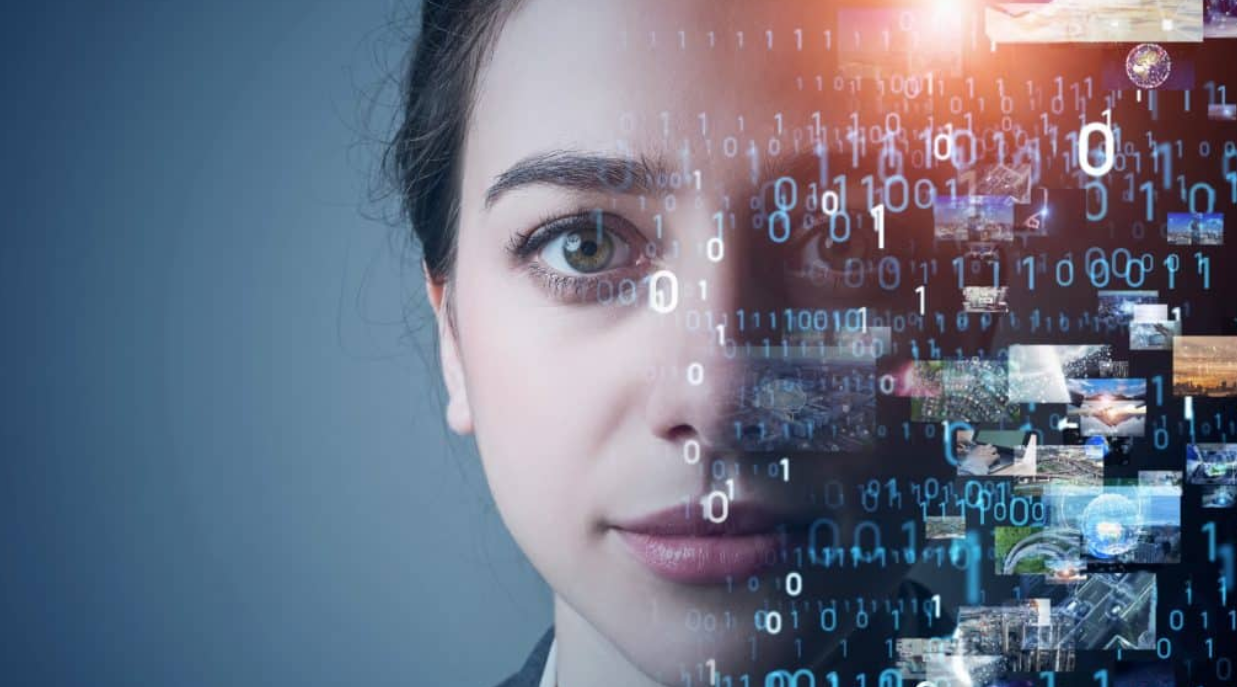by Chris Burt, Activist Post:

Government and business biometrics deployments to make employee time and attendance tracking more reliable lead a series of items about major market segments among this week’s most-read articles on Biometric Update. South Sudan is getting money to clean up its public payroll, and the UK has issued guidelines and warnings. Progress in large markets on the consumer biometrics side include a prominent place at Visa’s revamped innovation center and a deal with the NFL for Wicket. BrainChip and Nviso’s real-time behavior analysis also drew reader’s interest.
TRUTH LIVES on at https://sgtreport.tv/
Top biometrics news of the week
Legislation has been introduced in Illinois to provide a legal basis to issue mobile driver’s licenses, with support from one of the state’s most powerful officials. Police would be able to accept the mDL, but could also demand a physical ID. The bill is now at the committee stage.
The World Bank is backing a biometric public service payroll cleanup in South Sudan with $10 million in funding. Kicking ghost workers off of government ledgers could boost the young country’s weak finances, and officials have called for wide application of the registry, including for the military. The total cost of the project is estimated at $34 million over four years.
The United Kingdom’s data protection authority has published new guidance on the use of biometrics for tracking worker time and attendance. Biometrics can be used, but only under specific conditions. The ICO also served a warning to eight facilities operators that they were not in compliance with their biometric employee management systems, singling out Serco Leisure.
BrainChip and behavior analysis developer Nviso have partnered to create an integrated system for real-time behavior analysis. BrainChip contributes its Akida IP and processors, while Nviso brings its computer-vision based behaviour analysis. The partners are targeting applications in consumer electronics, surveillance and the automotive industry.
Visa’s palm biometric payments system was featured at an event showcasing the company’s Singapore Innovation Center. A company executive says he does not expect the technology to reach mass market adoption in the immediate future, but does anticipate biometric retail payments joining the mainstream during the next decade.
The NFL has drafted Wicket to provide biometric entry for at all 30 league football stadiums next year, under the league’s Express Access platform. The rollout follows three and a half years of testing by the NFL, including Wicket’s biometric ticketing at several stadiums last year.
Digital public infrastructure will add between 2 and 4 percent to India’s GDP by 2030, domestic tech industry body Nasscom forecasts in a new report. The report also suggests that the country will achieve some of that growth by reducing its digital divide. The UIDAI, meanwhile, reports that Aadhaar is now being used for authentication 80 million times each day, on average.




